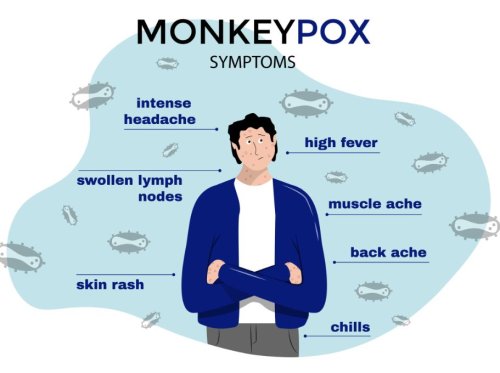August 24, 2022
The good news first: only 14,000 cases of Monkeypox have been recorded in the U.S., and zero deaths have been attributed to Monkeypox.
The bad news: Monkeypox is spreading, and it has a stigma that can lead to discrimination claims if the unwary or unprepared employer reacts poorly or improperly. This legal alert provides some tips to help you avoid a potential claim or increase your ability to overcome a claim.
On July 23, 2022, the World Health Organization declared Monkeypox—a virus with some characteristics of smallpox—an international health concern. On August 4, 2022, the U.S. government declared Monkeypox a public health emergency. But what exactly is Monkeypox, and are we headed for another COVID-19 situation?
This alert seeks to dispel myths associated with Monkeypox and to help you proactively deal with this virus. Monkeypox is significantly less transmissible than both smallpox and COVID-19. Monkeypox is transmitted mainly through close, personal, often skin-to-skin contact—e.g., during sex, hugging/kissing, and by touching contaminated towels, clothing, and bedding without sufficient hygienic precautions. Because Monkeypox is much harder to transmit, we are not facing another pandemic situation.
To get ahead of the curve, employers can and should communicate basic unbiased information about Monkeypox by referencing the Centers for Disease Control’s (CDC) Monkeypox resource guide available at the link below. Further, proactive employers should continue to enforce good-hygiene workplace practices including encouraging employees to remain at home if they feel ill, among other measures.
What should you do if one of your employees reports having Monkeypox?
Because Monkeypox is heavily stigmatized on social media networks as associated with the LGBTQ+ community, employers must be tactful if an employee voluntarily reports a Monkeypox diagnosis, particularly since the CDC and the Equal Employment Opportunity Commission have not released any guidelines to address Monkeypox in the workplace. Prudent employers must exercise reasonable healthcare precautions openly and respectfully. Doing so will minimize potential disability discrimination claims and promote a compassionate work environment.
The first line of defense is to encourage an employee with Monkeypox to stay home, similarly to any other transmissible illness. If staying home or working remotely is not a viable option, the employer should evaluate if it can create an independent workspace for the diagnosed employee, and the diagnosed employee should be asked to mask until his/her/their healthcare provider confirms that s/he/they is no longer contagious. Finally, employers should share available leave, time-off, and healthcare benefits with the impacted employee.
In sum, simple good-hygiene practices, respect for both diagnosed employees and the rest of the workforce’s health, and an awareness and understanding of Monkeypox developments will suffice. The attorneys at Farhang & Medcoff are ready and available to assist our clients as we all wade through this newly developing virus. If you are an employer and have questions about how Monkeypox may affect your business, please call us at (520)214-2000.
This writing is for informational purposes only and does not constitute legal advice. No attorney-client relationship is formed by the dissemination of this writing.


